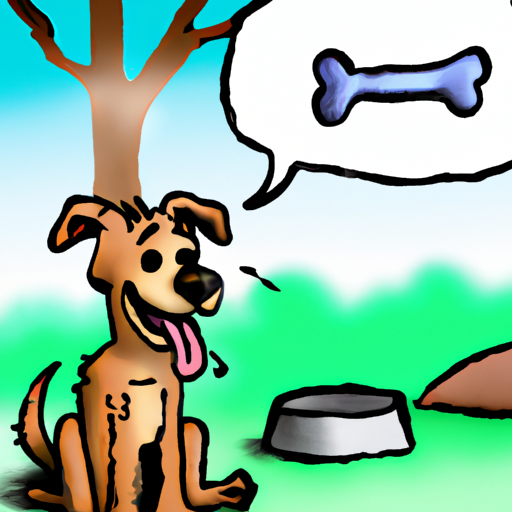Dogs pant for a variety of reasons, from cooling down to expressing their emotions. As a caregiver, understanding the reasons behind this behavior can help you provide better care for your furry friend.
1. The Primary Role of Panting: Cooling Down
Unlike humans, dogs don’t sweat through their skin to cool down. They primarily rely on panting to reduce their body temperature. When your dog pants, they are circulating air throughout their body, which helps evaporate the moisture on their tongue, nasal passages, and lungs, cooling them down in the process.
However, excessive panting can be a sign of heatstroke, a potentially dangerous condition. Be aware of the following signs of heatstroke in dogs:
- Excessive drooling
- Rapid heartbeat
- Dizziness or disorientation
- Lethargy or weakness
2. Panting as a Sign of Stress or Anxiety
Dogs also pant when they’re stressed or anxious. This can be due to a variety of factors, from a thunderstorm to a visit to the vet. To help your dog cope with stress or anxiety, consider the following:
- Create a safe space: Dogs feel more secure when they have a comfortable, quiet space to retreat to.
- Use calming aids: Products like anxiety wraps, calming sprays, or diffusers can help soothe your dog.
- Provide distractions: Toys, treats, or puzzle games can distract your dog from the source of their stress.
3. Panting and Health Problems
Sometimes, panting can be a sign of health problems. Dogs might pant excessively if they have heart disease, lung disorders, or other medical conditions. If your dog is panting excessively without any apparent reason, it’s best to consult a vet.
Here’s a table summarizing some health problems that can cause excessive panting:
| Health Problem | Symptoms |
|---|---|
| Heart disease | Fainting, loss of appetite, weight loss |
| Lung disorders | Coughing, difficulty breathing, blue gums |
| Overweight or obesity | Difficulty moving, loss of stamina, increased appetite |
4. Panting and Age
As dogs get older, they might pant more often. This can be due to a decrease in their overall fitness level, or it can be a sign of aging-related health problems.
5. How to Respond to Panting
As a caregiver, your response to your dog’s panting should depend on the cause. If your dog is simply trying to cool down, make sure they have access to fresh water and a cool, shaded place to rest. If you suspect stress, anxiety, or a health problem, consult with a vet.
Frequently Asked Questions
Q: Can panting be a sign of pain in dogs?
A: Yes, panting can be a sign of pain in dogs. If your dog is panting excessively and seems to be in discomfort, consult a vet.
Q: Is panting normal for puppies?
A: Yes, panting can be normal for puppies, especially during play or in warm weather. But if your puppy is panting excessively or seems distressed, consult a vet.
Q: Should I be worried if my dog is panting at night?
A: Night-time panting can be normal, especially in warm weather. But if your dog is panting excessively and seems restless or distressed, it’s best to consult a vet.
Remember, as a caregiver, understanding your dog’s panting can help you provide the best care for them. Always consult with a vet if you’re unsure about your dog’s health.



